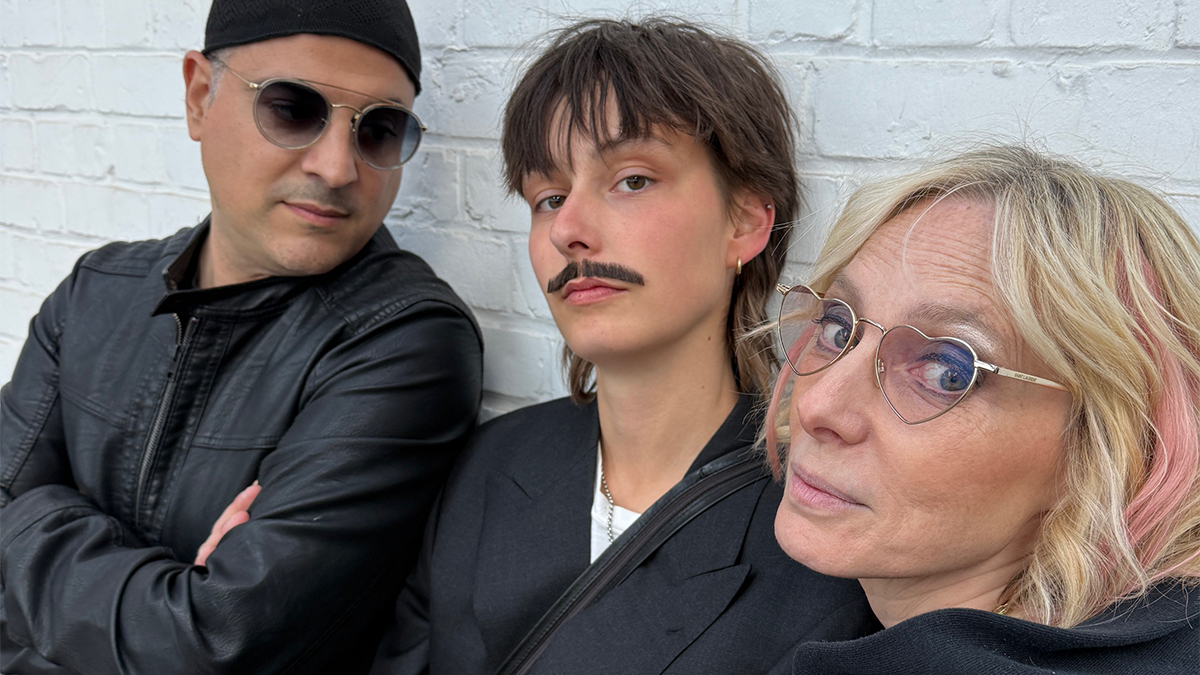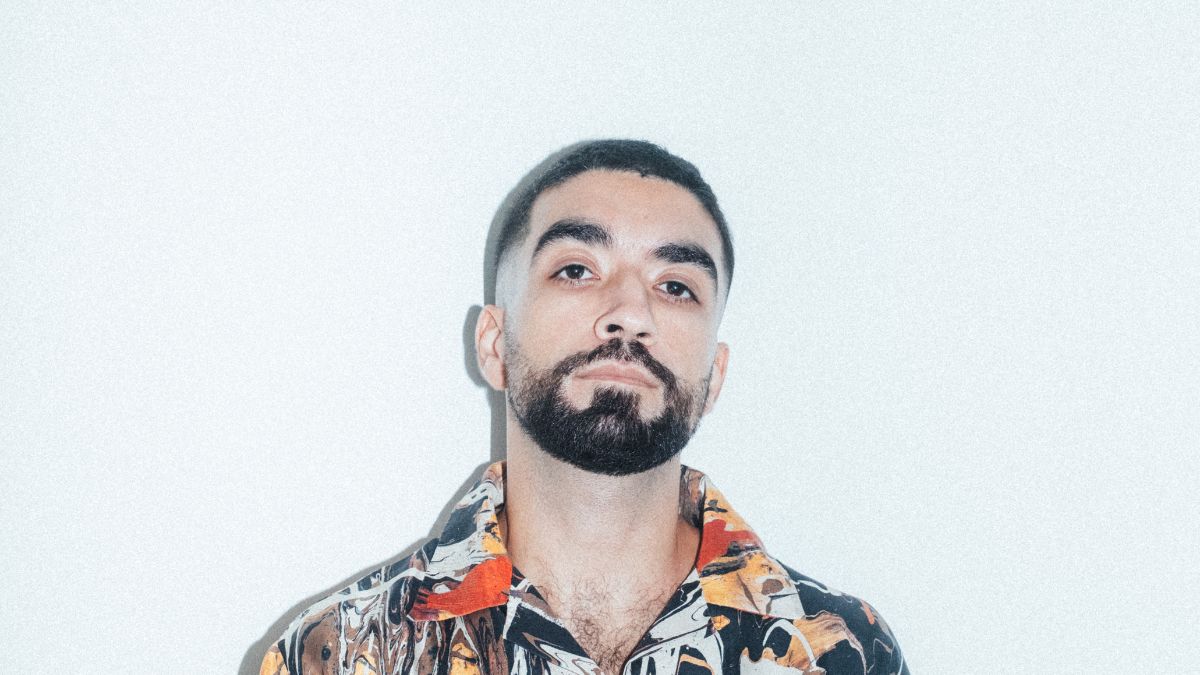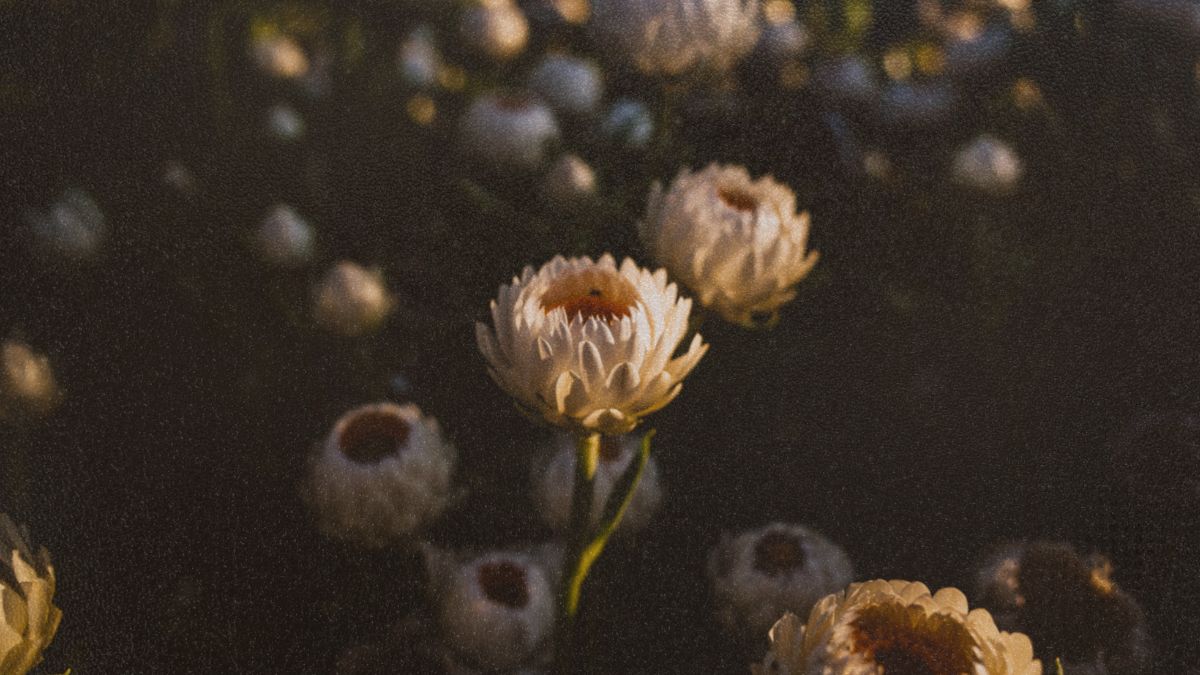What was your first encounter with spoken word, and when did you realize it would become your primary form of expression?
I understood it while listening to music. That’s how it started — I wrote, and wrote, and wrote. And suddenly, it became clear: I had to perform the words. Not for the stage. Not for applause. But because it felt like a vital urgency. I couldn’t live in silence anymore. The page wasn’t enough. The words were asking to be spoken — to be heard, to be embodied. It wasn’t a decision. It was a need. That’s when I knew spoken word wasn’t just a form — it was my voice finding its way out.
In your collaboration with Mattisix, how do you find balance between structure and emotion — between prepared text and the spontaneity of sound?
Mattisix has magic in him. He feels the notes the same way he feels my words — with an almost instinctive sensitivity. When I read my texts aloud, he instantly senses the emotions they stir in me. And he feels them too. It’s this shared resonance that makes our collaboration so unique. He doesn’t just dress the text with sound — he listens deeply, as if he hears what I’m not saying. The music becomes a natural extension of my emotions, and each creation is born from that quiet connection between us. Our work together is, in itself, a form of poetry.
Do you see a difference between writing for yourself and writing for an audience? Who are you speaking to when you’re on stage?
I don’t really see a difference. I always write for myself, first. And then, for the other — the one I love, the one who moves me, the one whose gaze lingers in my mind. I also write for my own heart, the one that sways, that sometimes feels fragile in a world that can be harsh. What I hope, deep down, is that my words might give a little courage to those who feel deeply — to those who are sensitive like me. That they feel less alone. More free. A little more upright.
The title “Je Veux” (“I Want”) suggests desire, urgency, maybe even a demand. What do you want, artistically or personally, in this moment of your life?
What I want is to see men dare to be themselves. I believe in the best version of man. I believe in his ability to feel, to express, to love without hiding. But they don’t always dare. The world doesn’t always give them space. So in my own way, I try to make them want to dare. To show up without armor. To stand tall in their vulnerability. I want men to rise — not in terms of strength or power, but in terms of the heart.
How do themes like love, vulnerability, and resilience evolve in your work over time? Are they still the same as when you first started writing?
These are themes that obsess me — love, vulnerability, resilience. They’ve always been with me, but the way I express them keeps evolving. I constantly find new images to say the same truths. My writing evolves mostly in a visual way: the more I see, the richer it becomes. Every gaze, every landscape, every detail feeds my language. The words become more sensory, almost cinematic. But at the core, it’s still the same:
speaking of what trembles,
what holds on,
what loves — anyway.
If your voice were an instrument, how would you describe its sound? And how does Mattisix’s sonic universe amplify or contrast with that?
I think my voice is the sound of the heart. So if I have an instrument, it’s truly the heart itself. I’m deeply connected to what it feels — its beats, its tremors, its silences. Maybe I’m, in a way, an emotional piano. And Mattéo — Mattisix — he gives that piano rhythm. He adds pulses, textures, breaths around my voice. Sometimes he amplifies it, sometimes he contrasts it, but he always listens. He makes the invisible resonate.




